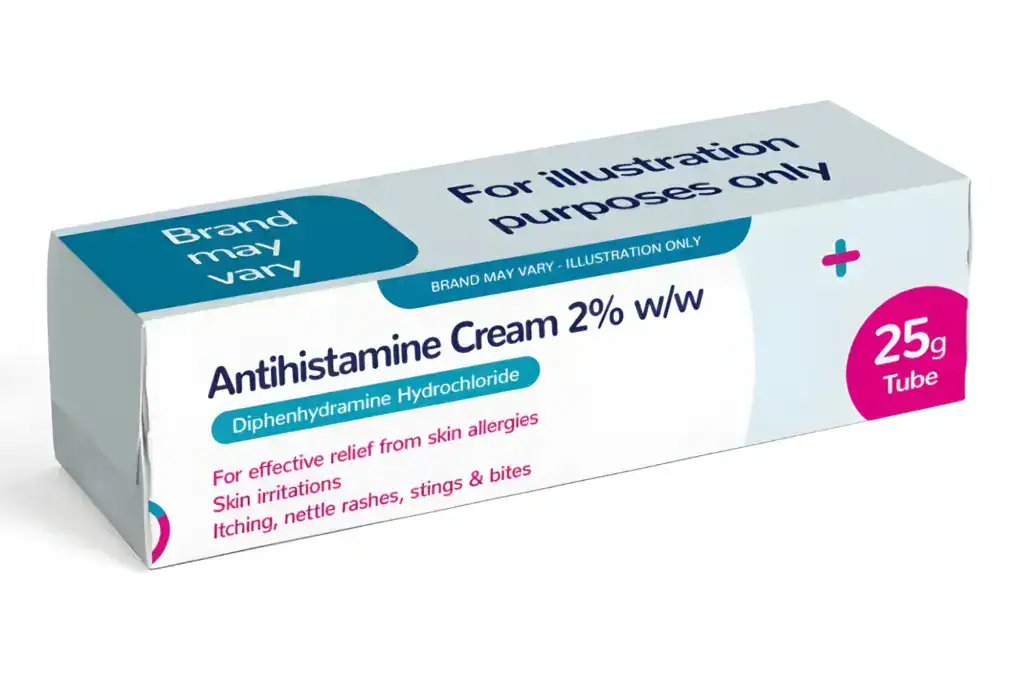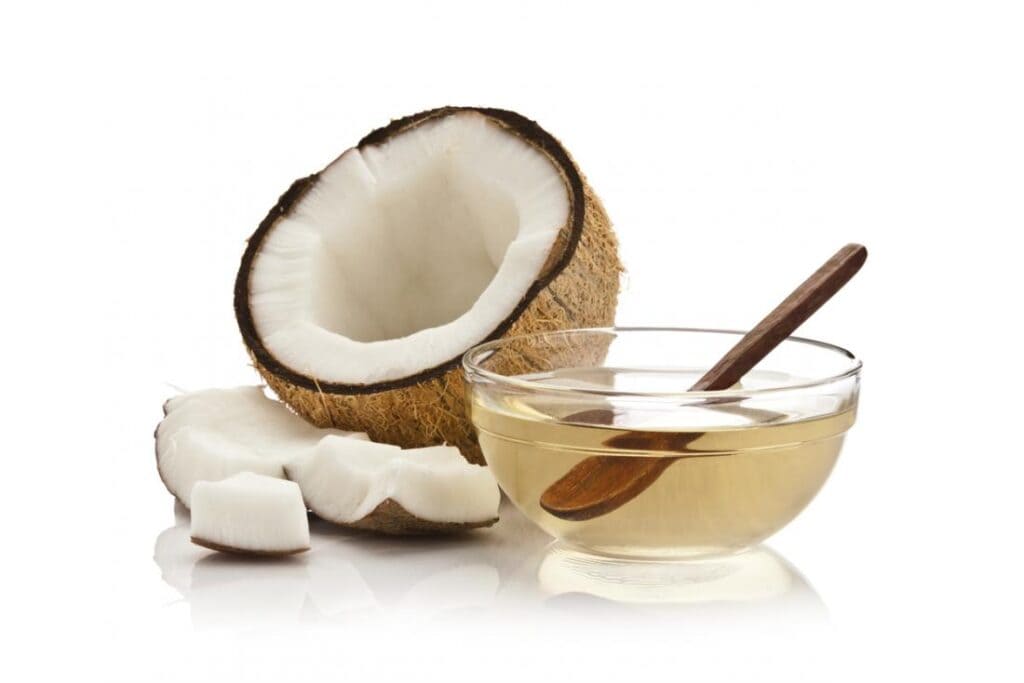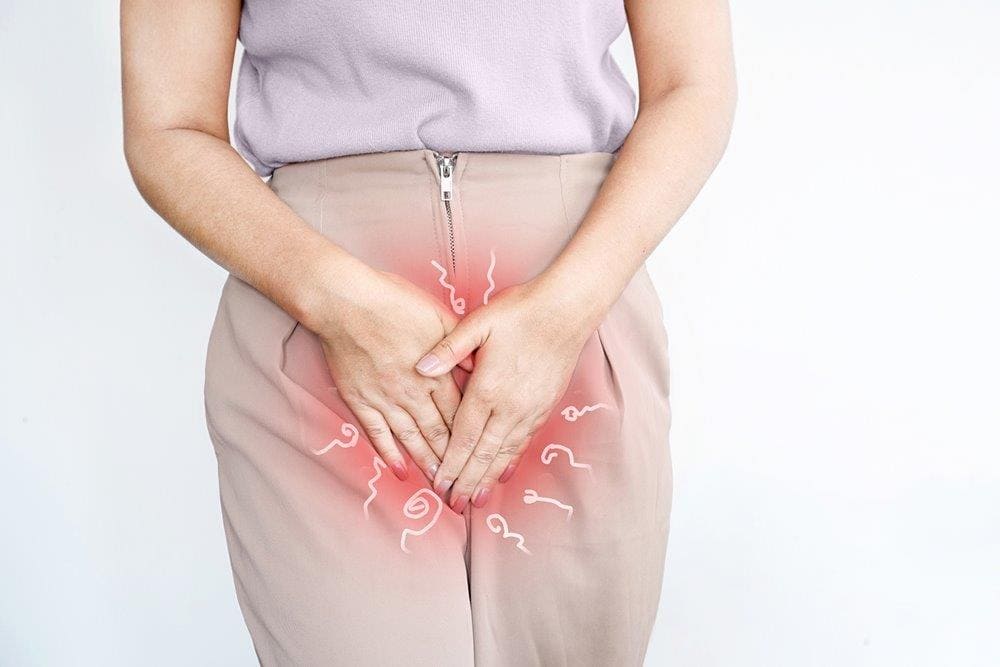Vulvar itch is a common issue that affects many women at some point in their lives. It can result from a variety of causes, such as skin conditions, infections like yeast infections or bacterial vaginosis, irritants from soaps or detergents, or even hormonal changes. Identifying the underlying cause is crucial for effective treatment.
Common Causes of Vulvar Itch
Vulvar itch can stem from numerous sources, each requiring a unique approach to treatment. Skin conditions such as eczema or psoriasis can lead to persistent itching and may require specialized creams for relief. Infections, particularly yeast infections or bacterial vaginosis, are common culprits and often necessitate antifungal or antibiotic creams. Additionally, irritants from personal care products like soaps, detergents, or even certain fabrics can cause contact dermatitis, leading to itching. Hormonal changes, especially during menopause or pregnancy, can also contribute to vulvar discomfort.
Symptoms to Watch Out For
Recognizing the symptoms accompanying vulvar itch can help in determining the underlying cause and appropriate treatment. Itching is often accompanied by redness, swelling, or a burning sensation in the affected area. In some cases, there may be a noticeable discharge, particularly if an infection is present. Persistent itching that doesn’t respond to typical treatments should be evaluated by a healthcare provider to rule out more serious conditions.
Importance of Identifying the Cause
Understanding the specific cause of vulvar itch is essential for effective management. Misdiagnosing the cause can lead to inappropriate treatment, potentially worsening the condition. For example, applying steroid creams to a fungal infection could exacerbate symptoms. Consulting a healthcare provider for persistent or severe symptoms ensures a proper diagnosis and targeted treatment plan.
Types of Anti-Itch Creams for the Vulva
Several types of creams are available to address vulvar itch, ranging from over-the-counter solutions to prescription-strength treatments. Choosing the right type of cream depends on the severity of symptoms and the underlying cause of the itch.
Over-the-Counter Creams
There are several over-the-counter (OTC) anti-itch creams specifically formulated for vulvar relief. These creams usually contain ingredients like hydrocortisone, which helps reduce inflammation and itchiness.
Hydrocortisone Creams: These are mild steroid creams that can effectively reduce inflammation and soothe itching. They are usually safe for short-term use and available without a prescription. Hydrocortisone creams are often the first line of defense against mild to moderate vulvar itch caused by irritation or allergic reactions.

Antihistamine Creams: These creams work by blocking histamines, which can cause itchiness and swelling. They are particularly useful if your vulvar itch is due to an allergic reaction. Antihistamine creams can provide rapid relief from itching and are a convenient option for managing symptoms triggered by allergens.
Cooling Gels: Some OTC options include gels with menthol or camphor, providing a cooling sensation that can temporarily relieve itching. These gels are particularly soothing and can be used alongside other treatments for enhanced comfort.
Prescription Creams
If OTC options do not provide relief, a healthcare provider might recommend prescription-strength creams. These may include:
- Stronger Steroid Creams: For severe inflammation and itching, a doctor might prescribe a more potent steroid cream. It is important to follow the healthcare provider’s instructions to avoid potential side effects. These creams are typically used for short periods to control acute symptoms.
- Antifungal Creams: If the itchiness is due to a yeast infection, antifungal creams like clotrimazole or miconazole can be effective. These creams target the fungal organisms directly, alleviating symptoms and promoting healing.
- Antibiotic Creams: In cases where a bacterial infection is present, a doctor may prescribe an antibiotic cream to treat the infection and reduce symptoms. These creams help eliminate bacteria and soothe inflammation.
Hormone-Based Creams
In some cases, vulvar itch may be associated with hormonal changes, especially during menopause. Hormone-based creams containing estrogen can help in such scenarios by addressing the hormonal imbalance that contributes to dryness and itching. These creams are generally prescribed after a thorough evaluation by a healthcare provider and are used with caution due to potential side effects.
Natural and Soothing Vulva Creams
For those who prefer natural remedies, there are creams with soothing ingredients that can help alleviate vulvar itch without harsh chemicals. These options are often gentle and suitable for individuals with sensitive skin.
Aloe Vera Gel
Known for its soothing properties, aloe vera can provide relief from irritation and itching. It is gentle and safe for most skin types. Aloe vera gel can be applied directly to the affected area and is known for its cooling effect, which can reduce discomfort. Additionally, its anti-inflammatory properties can help alleviate redness and swelling.
Calendula Cream
This cream is derived from marigold flowers and has anti-inflammatory properties. It can be used to soothe irritated skin and promote healing. Calendula cream is often used in homeopathic and natural skincare products due to its gentle nature and effectiveness in reducing inflammation. It can be applied several times a day to provide ongoing relief.
Coconut Oil

Although not a cream, coconut oil is a natural moisturizer that can help reduce itching and irritation. It also has antifungal properties, making it beneficial for yeast infections. Coconut oil can be applied directly to the vulva, forming a protective barrier that locks in moisture and aids in healing. Its natural composition makes it a popular choice for individuals seeking chemical-free solutions.
Chamomile Cream
Chamomile is another soothing ingredient that can be found in creams designed to reduce vulvar itch. Known for its calming effects, chamomile can help alleviate irritation and redness. Chamomile cream can be used regularly as part of a skincare routine to maintain comfort and reduce the likelihood of flare-ups.
Tips for Using Anti-Itch Creams Safely
When using any vulva itch relief cream, it’s important to follow these safety tips to ensure effective and safe treatment:
Consult a Healthcare Provider
Before using any new cream, especially if it is a prescription, consult with a healthcare provider to determine the appropriate treatment for your condition. A healthcare provider can assess your symptoms and recommend the most suitable product based on your medical history and current health status.
Follow Instructions Carefully
Always adhere to the usage instructions provided with the cream. Avoid using more than the recommended amount to prevent potential side effects. Overuse of certain creams, particularly steroids, can lead to skin thinning or other complications. Following the prescribed regimen ensures optimal results and minimizes risks.
Patch Test First
If you are trying a new cream, perform a patch test on a small area of skin to check for any adverse reactions before applying it to the vulva. This step is crucial to prevent severe allergic reactions or irritation. Wait 24 hours after the patch test to ensure no adverse effects before proceeding with full application.
Maintain Good Hygiene
Keep the vulvar area clean and dry. Avoid using harsh soaps or products with strong fragrances that can exacerbate irritation. Opt for gentle, fragrance-free cleansers designed for sensitive skin, and ensure the area is thoroughly dried after washing to prevent moisture-related irritation.
When to See a Doctor
While many cases of vulvar itch can be managed with OTC or prescription creams, it’s important to seek medical attention if:
Persistent Symptoms
The itch persists despite treatment. Chronic itching that does not respond to standard treatments may indicate an underlying condition that requires medical evaluation. A healthcare provider can perform necessary tests to identify the root cause and adjust the treatment plan accordingly.
Severe Symptoms
You experience severe pain, swelling, or discharge. These symptoms can be indicative of a more serious condition, such as a severe infection or inflammatory disorder, requiring prompt medical intervention. Immediate consultation with a healthcare provider ensures timely and effective management of the condition.
Unusual Changes
You notice any unusual changes in the skin of the vulvar area. Changes such as discoloration, thickening, or the appearance of lesions should be evaluated by a healthcare professional to rule out conditions like lichen sclerosus or vulvar cancer. Early detection and treatment are crucial for favorable outcomes.
Conclusion
Vulvar itch can be a bothersome condition, but there are various creams available to provide relief. From over-the-counter options to prescription-strength treatments, and even natural remedies, there are solutions to suit different needs and preferences. Always consult with a healthcare provider for persistent symptoms to ensure you receive the best care for your condition. By choosing the right product and using it safely, you can alleviate discomfort and maintain vulvar health.


